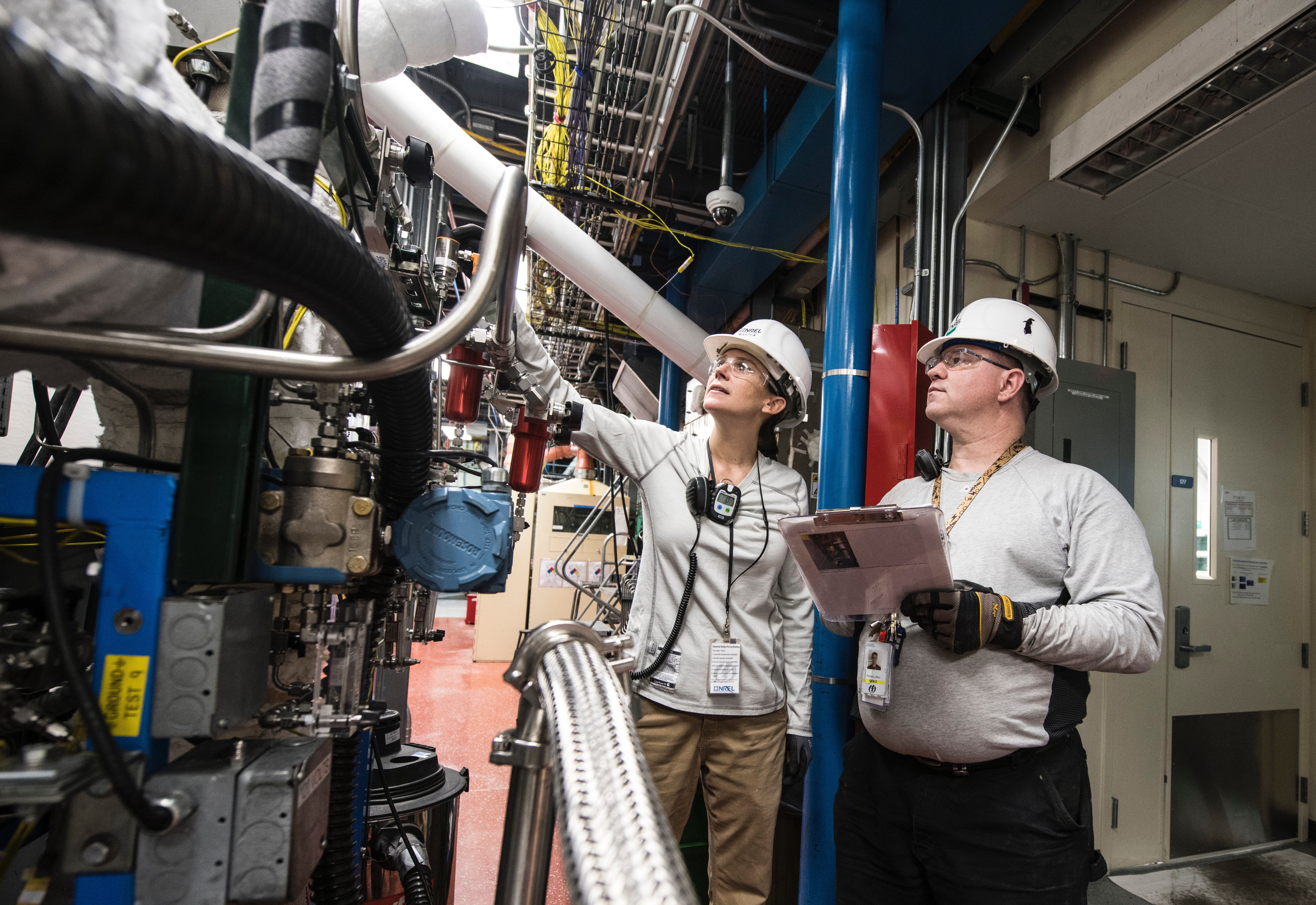The cart is empty!
Corrosion Engineers (and Scientists) Deliver a Sustainable Environment
The Engineering Council recently updated its Guidance on Sustainability. This is becoming a major focus in infrastructure projects, as environmental issues take on ever greater meaning in the modern world.
In this article, we discuss the nature of sustainable engineering, the benefits it delivers, and what role corrosion engineers and scientists play in it.
What is sustainable engineering?
Sustainable engineering is an approach that enables resources and materials to be conserved for future generations so that the environment is not compromised. All fields of engineering are impacted by sustainability issues, and this includes corrosion engineering.
How does corrosion impact sustainability?
Corrosion affects all areas of our society. This includes:
- The environment; for example, by leakage of pollutive substances from corroded pipelines
- Critical infrastructure, to mitigate the costs and damage in infrastructure and transport when corrosion is ignored
- Economic productivity; for example, the closing of plants when machinery and infrastructure is corroded
- Energy and fuel; for example, when corrosive damage disrupts supply
Corrosion to infrastructure, buildings, bridges, industrial plants, etc. impacts the health and safety of people, national security, and the wider environment.
In short, the more we can do to manage corrosion, the more sustainable we will build, create, and produce.
The benefits of engineering for sustainability
UNESCO has published eight Millennium Development Goals (MDGs) – internationally agreed targets to reduce poverty and improve living standards. Ensuring sustainability of infrastructure helps to increase the welfare of local communities, nations, and regions. UNESCO has identified relationships between physical infrastructure and the MDGs, including:
- Ports and harbours
- Airports
- Highways
- Factories
- Education establishments
- Communication infrastructure
- Power supplies
- Irrigation
- Healthcare centres
- Public buildings
- Sanitary infrastructure
- Water supplies
Understanding how corrosion affects infrastructure, and the comprehensive list of infrastructure that affects attainment of the MDGs, it is easy to acknowledge that corrosion engineering and corrosion science have a huge part to play in creating a more sustainable world.
Successful sustainable engineering helps to reduce carbon footprints, reduce maintenance costs, add value to installations, protect the environment, and improve health and safety.
How can corrosion engineers (and scientists) contribute to a sustainable environment and society?
Both corrosion science and corrosion engineering have major parts to play in the creation of greater sustainability:
- Corrosion science helps to improve our understanding of corrosion and develop and improve methods to combat and manage it
- Corrosion engineers are responsible for ensuring that corrosion mitigation processes are put into practice and have the effect they are designed to have
Where corrosion protection is inadequate, the sustainability of equipment, machinery, installations, and infrastructure is compromised. From design through installation, maintenance, and decommissioning, corrosion engineers have a huge part to play in the sustainability of our planet as they:
- Apply their professional experience to judgement
- Exceed sustainability regulations by continually challenging boundaries
- Use resources more effectively
- Manage risks to minimise the effects of corrosion and maximise the benefits of corrosion engineering
Alasdair Coates CEng FICE MCIHT CMIOSH, CEO of the Engineering Council says:
“Sustainable development is an increasingly important issue for society, and the engineering profession works to meet the challenge of the climate emergency. Engineers have a key leadership and influencing role in working towards sustainability, increasingly as part of multi-disciplinary teams that include non-engineers, and through work that crosses national boundaries.
“This updated Guidance on Sustainability supports individual engineers in achieving sustainable development through engineering, as well as helping professionally registered engineers – Chartered Engineers, Incorporated Engineers and Engineering Technicians – to meet their professional obligations.”
The Institute of Corrosion is committed to sharing our expertise with the world, helping to unlock and manage the effects of corrosion. Our goal – and the vision behind the ICorr brand – is to reduce the environmental impact of corrosion on our infrastructure, enable a more sustainable environment, and reduce the costs of corrosion on business and society.
For more information about our programmes, symposia, and training that help to deliver our vision, please contact us.
(You may also like to read article, ‘7 Benefits to Exploit with Professional Membership of ICorr’ to learn how we help our members achieve their environmental and career goals.)


